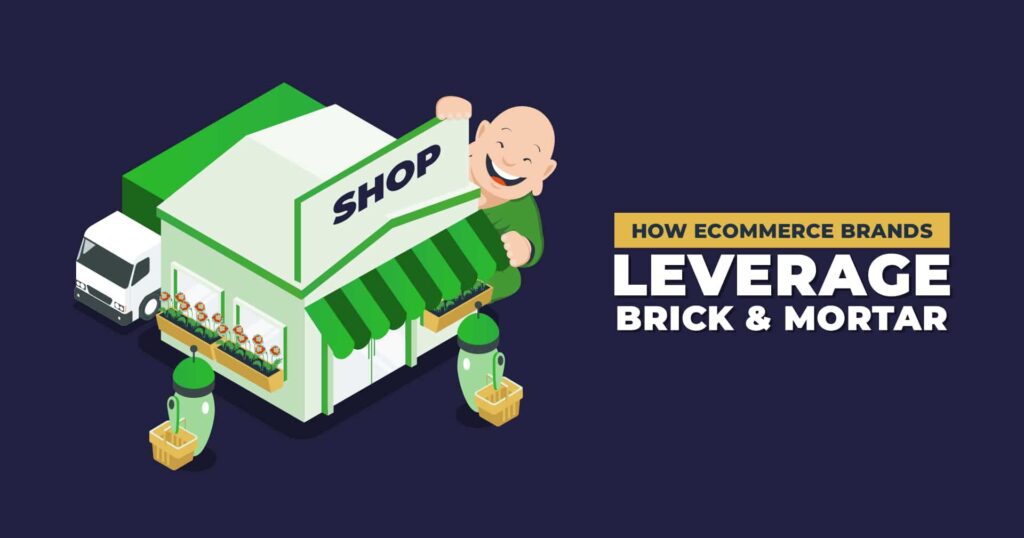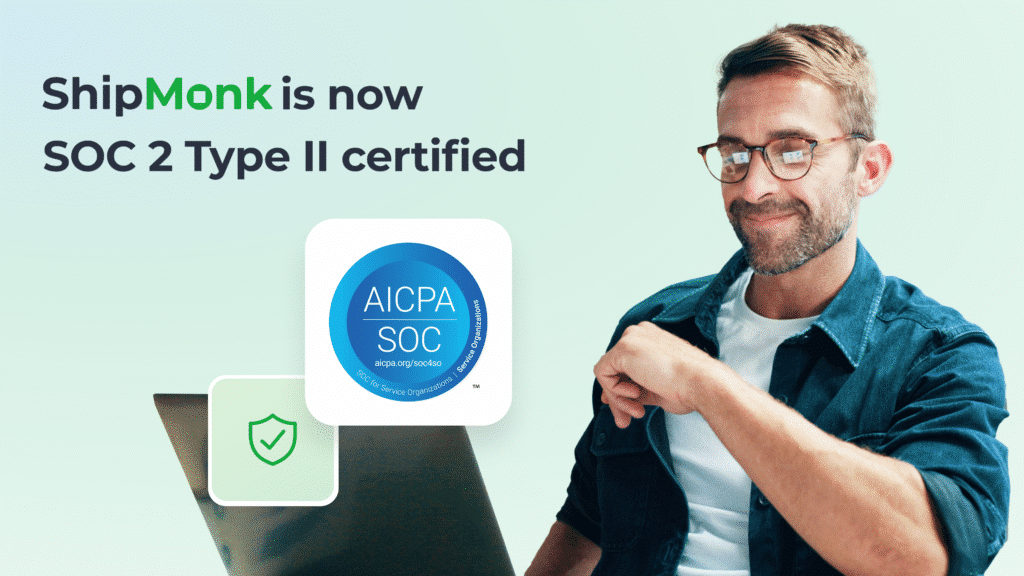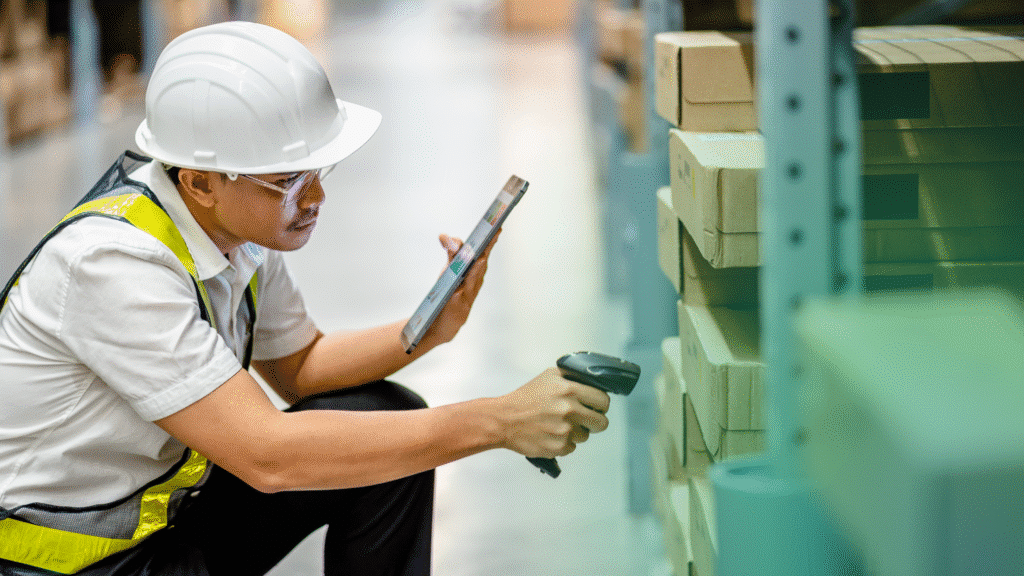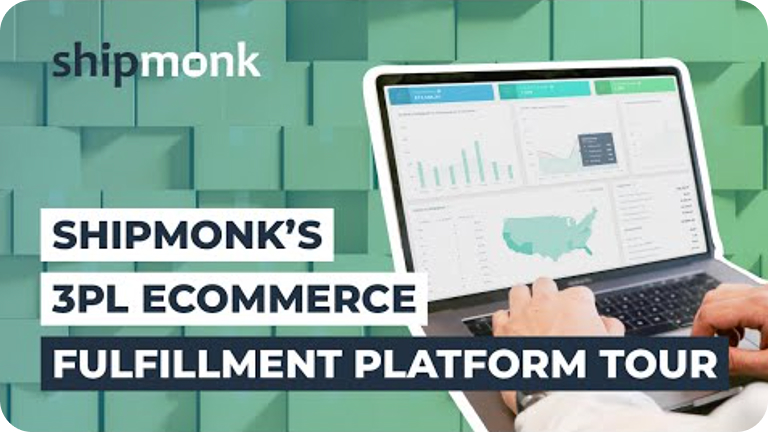As much as we’d like to think that ecommerce is taking over the world, it still only accounts for around 21% of retail sales according to a 2023 Digital Commerce 360 analysis of U.S. Department of Commerce figures. At the risk of stating the obvious, this means that 78.6% of retail sales are still happening in brick-and-mortar stores.
The truth is, brick-and-mortar stores will always have some advantages, as will online stores. Contrary to popular belief, the two can peacefully coexist! In fact, there can be significant advantages for brands that engage in both ecommerce and brick-and-mortar sales. If you’re an ecommerce business owner who is considering opening one or more brick-and-mortar locations, read on for some of the advantages this strategy might offer your brand.
How Brick and Mortar Stores can Help Ecommerce Brands
Many ecommerce brands look at brick and mortar stores as just one more notch in their multichannel-sales tool belt, but there’s a lot more to it than that. Adding a physical store and interacting with your customers face to face can have economic, competitive, and strategic advantages you may not have considered.
Broader Horizons
Adding one or more brick-and-mortar locations raises your visibility in the regions you enter. Whether you’re just starting out with a local boutique or are ready to expand to multiple stores, having a physical presence in high traffic areas works in sync with your website to build your brand. A physical store can also help with inventory and returns in areas that may need logistical support.
Customer Engagement
It’s never a bad thing to meet your customers face to face and hear what they have to say about your products. Brick-and-mortar stores give customers a chance to touch, try on, and evaluate merchandise—a shopping experience that online stores can’t match. Take advantage of this direct feedback by training your retail team members to value and encourage these interactions. Give them a method for collecting and reporting customer comments, complaints, and kudos.
Testing Ground
A brick-and-mortar store can become a testing ground for marketing campaigns, new products, and promotions before rolling them out to your online customers.
Order Pickup
Opening a store in a region or metropolitan area where you already have a concentration of customers offers conveniences for both your business and your customers. You save by not having to pick and pack goods, or coordinate and pay for shipping orders across the country. Your customers can buy online and pickup in store (BOPIS) the same day.
Customer Service
Customers can shop online and drop off returns in the store. This greatly improves the odds of converting a return into an exchange. Plus, customers don’t have to pay to ship the package back and they get an immediate solution to their problem, whether that’s an exchange or refund.
Distributed Inventory
A brick-and-mortar store can serve as a pick-up point, where local customers can pick up online orders. This eliminates the need for last-mile delivery, and gives customers a more secure delivery option. Odds are good that once you get them in the store, they’ll see something else they like. Plus, you’ll have another opportunity to engage with them, answer questions, and build a relationship.
Local Fans
Brick and mortar stores can take advantage of the shop-local movement and build brand loyalty among their local customers with special events and promotions. This loyalty can spread beyond state and national borders as these fans share their love of your brand on social media.
Sustainability
A brick-and-mortar location can help reduce your business’ carbon footprint by eliminating the need for packaging and shipping where local pickup is available. Your customers feel better about choosing a more sustainable option, and your business reduces waste and CO2 emissions.
Other Considerations
Obviously, opening a brick-and-mortar store is a huge endeavor and a major capital investment. Before making your decision, you’ll need to consider whether the advantages outweigh the expenditures. Here are a few additional points to consider.
Location, Location, Location
You don’t need a realtor to tell you that location is everything, but you may help choosing between a nearby location that is convenient for you, or a distant location that offers convenient services for a large group of customers. If you have a big local following, you may not have to choose.
Don’t Forget Tech
Besides finding the building, renovating, and staffing it, you’ll need a POS system that integrates with your ecommerce order and inventory management system. POS systems are the checkout systems customers scan their credit cards into to pay for their purchase. Modern “connected” systems ensure that your inventory levels can be synchronized and managed across all sales channels, points of sale, and warehouses. Thankfully, many of today’s ecommerce platforms are integrating POS systems, such as Shopify POS. If you’re working with a third-party logistics (3PL) and fulfillment provider for your online order fulfillment, your shopping platform should integrate with your order and inventory systems to sync data across all sales channels, and enable omnichannel fulfillment operations.
Don’t Duplicate Efforts
A 3PL with a national (or global) footprint of fulfillment centers (like ShipMonk) can offer some of the same advantages as a brick-and-mortar location, including distributed inventory, speedier shipping, reduced shipping costs, and help with international shipping. If you’re already paying a 3PL to do this for you, it might not make sense to open a brick-and-mortar store just to save on shipping. As we’ve seen, there are plenty of other good reasons to expand to brick and mortar. Your fulfillment center should make things easier, not more complicated.
Bring on the B2B!
If you’d like to talk to a fulfillment expert about the complexities of adding a brick-and-mortar location to your empire, we’re here to make things easier for you! Reach out to the experts at ShipMonk today, for a partnership that will help you “Stress Less, Grow More.”





